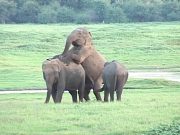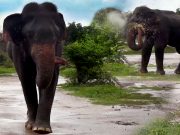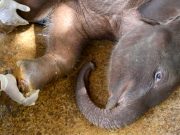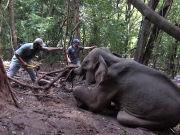Mind-blowing facts about Elephants
Fact 1: Elephants are the ultimate babysitters

Mind-blowing facts about Elephants-As humans, we know how important it is to keep track of our family members, especially on children. For that, we require a lot of awareness and the ability to keep track of everything. But Elephants are able to track up to 30 different family members using a mind map made using the scent of their family members around a specific distance. The elephant trunk is their nose and their primary limb. The trunk is very soft and sensitive.
Fact 2: Elephants understand about directions
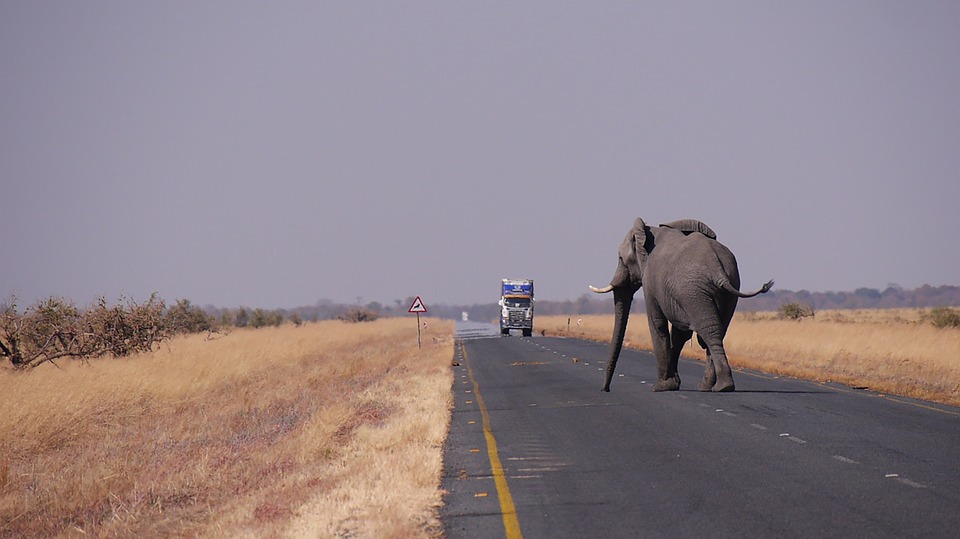
Recent research shows that elephants understand pointing without any training for it. As pet owners we do have problems showing things to our cats and dogs, only to have them stare at our finger.
Fact 3: Elephants avenge their dead.

Wild elephants roam around alone and in groups. If you happen to mess with a group of elephants, especially their young ones, they will become very aggressive enough to threaten your life. The entire group attacks especially those poachers who shoot down tuskers in groups. Even if those poachers manage to escape, those elephants will be rampaging to find the culprit.
Fact 4: Elephants are medical experts
Elephants are very intelligent regarding foraging their habitats and jungles for cures and remedies to ailments. The term used as zoo-pharmacognosy – an animal that knows how to self-medicate and elephants are on top of it.
- x) Elephants eat the leaves in some specific trees to induce the delivery.
- x) In the past, South African elephants fought off extinction with the help of Ganoderma – a mushroom used by traditional Chinese medicinal practices.
Fact 5: Elephants can mimic human voices

There was a remarkable elephant in a zoo in South Korea, well known for the ability he learned to mimic five different Korean words. By putting his trunk in his mouth, he can make the sounds of the words for “hello”, “lie down”, “no” and “good”. Researchers found out that it could be due to Koshik’s lonely start in life – as the only elephant in his zoo. He adapted his vocalizations to form a better bond with the zookeepers.








